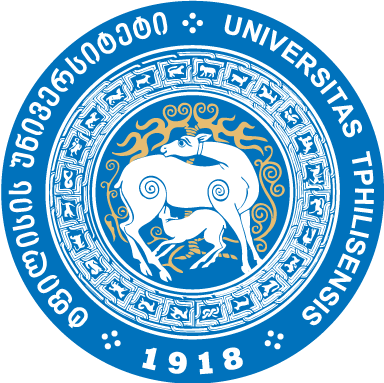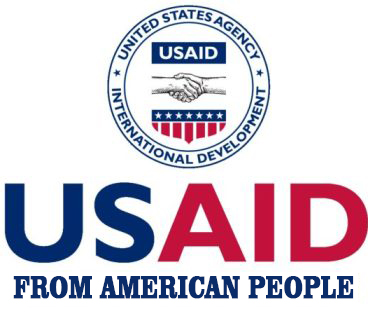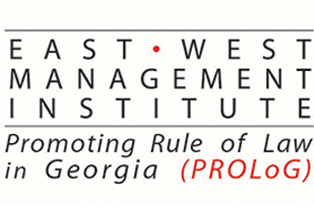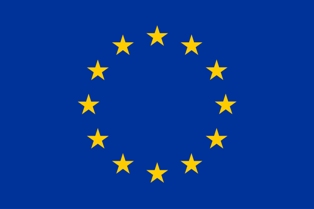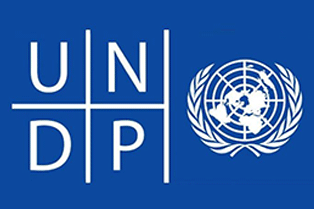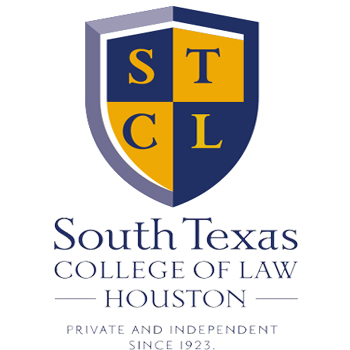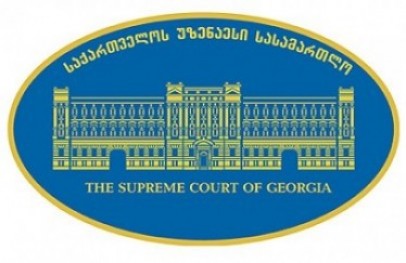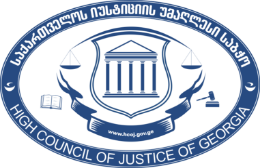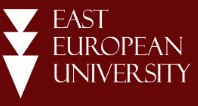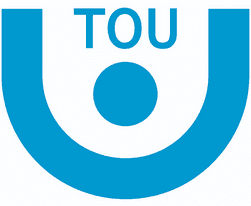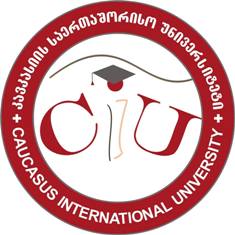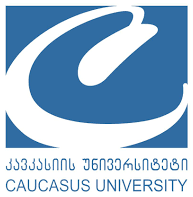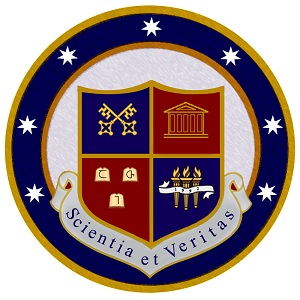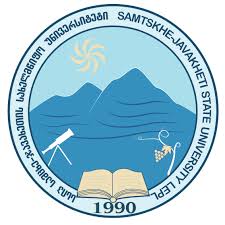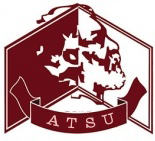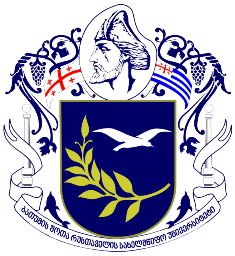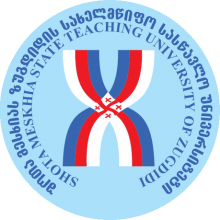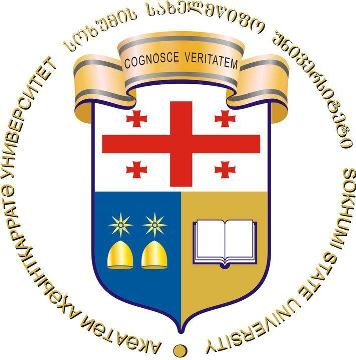Mediation as a Cultural Phenomenon
2018-02-21
Mediation – is this a century-old Georgian tradition or a new legal institute having a long way to valuably settle in Georgian reality? This is the question we will try to answer with the present paper.
We live in the era of globalization. Therefore, learning internal and foreign legal systems is important for valuable development of jurisprudence. Mediation, cheap, fast and effective dispute resolution tool, is very popular and in many countries is considered as one of prominent possibilities to solve the conflict. Uniform Mediation Act of USA explains that, “mediation means a process in which a mediator facilitates communication and negotiation between parties to assist them in reaching a voluntary agreement regarding their dispute.
It shall be noted that mediation, as a dispute resolution tool, has been actively used since the end of the World War II, 1945. Modern mediation had been initially used to solve conflicts by the states. Peace prize awarded by Nobel fund in 2008 for important part in regulating international conflicts on several continents for three decades underlines effectiveness of this institute. Nowadays, mediation in fact girded all diversities of legal disputes and therefore, its use is growing.
In last period changes made in Georgian civil procedural law and other legal acts indicate readiness of the state to assist the development of mediation.
In the doctrine we often see the point of view that it is necessary to raise up awareness of population in order to settle mediation in Georgian legal system. This can be reached by discussing and analyzing positive and negative characteristics of this institute. However, it shall be noted that mediation with its nature is not unknown for Georgian society. Moreover, in the point of view of “mediation law”, Georgia is one of distinguished countries where alternative dispute resolution tool – mediation – plays important role from times immemorial.
In the past, mediation and justice were not strictly isolated from each other. Realization of justice itself included settlement and settlement was one of the means to realize justice. According to the paper of M. Kekelia, any person having authority to resolve the dispute, was called “judge” or “arbiter” and the person settling the dispute, was called “honorable man”, “intermediary”, “middleman” and etc.
In the law book of Beka-Aghbugha, we see the institute of “middlemen” and old people knowing old rules were chosen as mediators. For example, according to article 83: “the middlemen solved any dispute or debate between servants of the master. Therefore, if persons from different social classes were having the dispute, the middlemen could reconcile them.
Using mediation for solving the dispute was determined under the book of Vakhtang VI as well. According to article 188, the middlemen should decide regarding damage caused by the cattle and reimbursement shall be determined according to their decision.
Besides the abovementioned, in several old Georgian legal acts we see articles regulating mediation. Additionally, non-legal documents are playing big role in learning mediation institute. For example, in his diaries Italian missioner Arcangelo Lamberti proves existence of mediation in Samegrelo.
Characteristics of those processes are significant, kept in modern mediation: confidentiality, freedom to choose place, freedom to choose mediator and etc.
Analyzing precedent law is important in studying any legal institute. Naturally, when written law did not exist, it was impossible to find terms for dispute resolution. Hence, considering decision made by one mediator created new precedent term which created basis for development of customary mediation law.
In old Georgian law, mediation consisted of several stages: the first stage was “persuading” the party for mediation. At this stage the case was substantially discussed, meaning questioning the parties, listening to testimony evidence of the witnesses and examining evidences by the mediators. The second stage was discussion of and making decision by the mediators. The third stage included announcing the decision which was lead differently depending on the circumstances of the case – it was possible to announce the decision to the parties at the same time, also – separately; in addition, it was possible to determine the place of announcement and etc.; the last stage was enforcement of the mediator’s decision certified by composing the written document.
It is important to discuss what categories of cases was the mediator entitled to discuss. It shall be noted that “mediation law” mostly discusses issues related to murdering, wounding, stealing, insulting, damaging the property, return of loan, divorcing, dividing property after divorce and etc. It is important that in “mediation law” of Khevsureti we see discussion of issues unknown for other parts of Georgia, for example: determining the identity of the criminal when the suspect indicated by the victim denied committing the crime; determining causal link between the damage caused and the outcome; determining the owner of the property and etc.
While discussing “mediation law” it is important to emphasize on nature of the mediator and rules of election. Neighbors, relatives and close people were often chosen as mediators with respect to civil law matters. However, it was extremely important to choose the mediator for criminal law matters. Any full age man could be a mediator but in most cases people with appropriate nature were chosen. He should be smart, intelligent, observant, faithful, authoritative and a reliable person. It shall be stated that in Georgian precedent law we see mediation lead by the women – Kravai Jakeli and Khuaqash Tsoqali were sent to solve the conflict between the group of Kutlu-Arslan and King Tamar.
As we see, mediation has a long history in Georgia. We have discussed several important issues related to this institute. It is important that besides abovementioned, several historic and legal codes, tradition, custom and saved examples exist proving mediation culture in our country.
As the conclusion we may say that conflicts between the parties arise every day. This may be conditioned by many factors including conflict of interests, wrong understanding of the issue or just a stubbornness. After the conflict we begin to think how to finish the dispute. Confidentiality, less expenses, economy of time, informal environment, control of the process, opportunity to make the decision – these are the main positive sides why the parties often refer to mediation in order to solve the dispute. However, I think that inculcating mediation in Georgian reality would be impossible without the cultural history our country has with respect to this institute. Based on past experience, Georgian society shall come to the conclusion that mediation is in fact “alternative without alternative” and in real it is “well forgotten old”, not a new institute.
BA Student of TSU
Faculty of Law.

